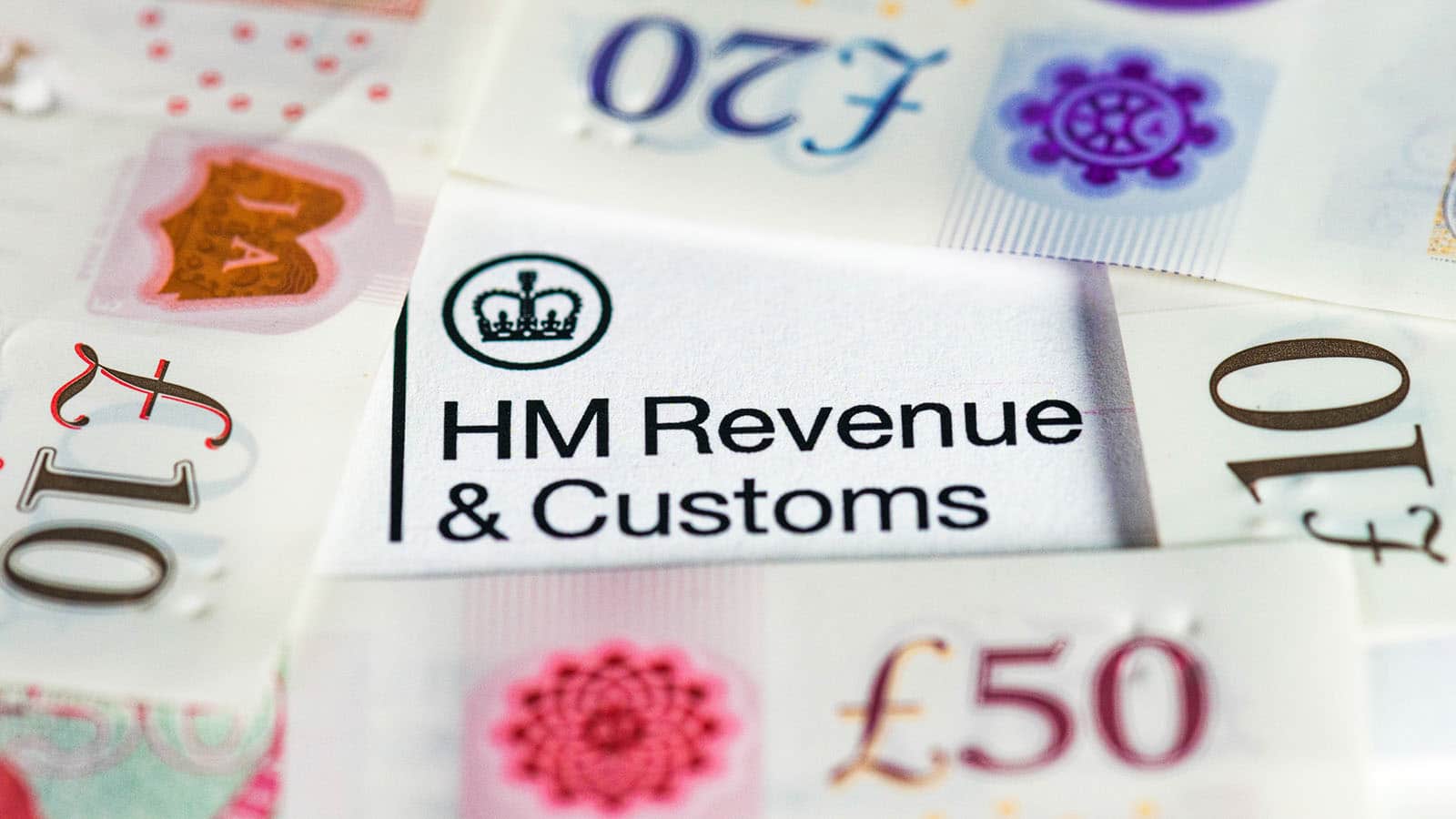Helping Whistleblowers Recover Hundreds of Millions in Taxpayer Funds
Since 1988, the whistleblower attorneys at Kohn, Kohn and Colapinto have fought alongside individuals who exposed fraud against the U.S. government. By leveraging the False Claims Act’s qui tam provisions, our clients have helped recover hundreds of millions of dollars in stolen taxpayer money – and many have received significant financial awards for their bravery.
KKC represents whistleblowers from both the public and private sectors, including employees, contractors, and insiders who report fraud in healthcare, defense, finance, and other industries. Our firm has a long track record of success in False Claims Act (FCA) litigation and has helped shape national policy to keep whistleblower protections strong. Whether you’re uncovering misconduct in your workplace or considering a qui tam lawsuit, we’re here to guide and protect you.
Why Choose Our False Claims Act Lawyers?
If you are a whistleblower and possess direct knowledge of government contracting fraud or infractions against the U.S. Government, reach out to our firm to speak with a leading False Claims Act attorney who specializes in qui tam lawsuits. Our cases have led to the U.S. government reclaiming hundreds of millions of dollars annually—funds illicitly taken from American taxpayers.
Kohn, Kohn & Colapinto stands out as the sole whistleblower law firm recognized as one of the Top 50 Elite Plaintiff’s Law Firms in 2019. Each of its founding partners boasts an AV Preeminent® rating from the Martindale-Hubbell® Bar Register of Preeminent Lawyers™. We encourage you to learn more about our False Claims Act attorneys, and submit an intake for a confidential consultation.
Why Choose Our False Claims Act Lawyers?
Trusted by Whistleblowers. Respected by the Legal Community.
Our federal whistleblower attorneys have represented several high-profile FCA whistleblowers in landmark cases. Through our legal expertise and tireless advocacy, we have guided them through the complexities of successfully filing qui tam lawsuits, enabling them to expose fraud while receiving a portion of the government’s recovery and remaining protected from retaliation.
Record-Breaking Wins
Our attorneys assisted whistleblower Daniel Richardson in helping the government recover $515 million by exposing pharmaceutical fraud at Bristol-Meyers Squibb. His successful whistleblower case was one of the largest qui tam cases involving off-label drug marketing and illegal kickbacks. The various relators, including Richardson, received a total of approximately $50 million as their share of the federal settlement amount.
Our attorneys represented whistleblower Dr. Aaron Westrick in helping the U.S. government recover over $130 million by exposing the sale of defective bulletproof vests to law enforcement agencies nationwide. His landmark whistleblower case was one of the most significant qui tam actions involving defective safety equipment for first responders. Dr. Westrick, the former research director for Second Chance Body Armor, was instrumental in revealing how the manufacturer and the fiber producer, Toyobo, knowingly sold flawed Zylon-based vests, leading to a massive recall and ensuring police officers received safer equipment.
Legal Pioneers
We led one of the first whistleblower cases to simultaneously use the False Claims Act alongside the Dodd-Frank and IRS whistleblower laws – securing a $69.6 million judgment. Whistleblower Alex “Sasha” Chepurko exposed a $100 million fraud that took advantage of tax credits for companies that used this alternative fuel. However, the company he worked for was part of a conspiracy with a producer, and they pretended to manufacture new biofuels to qualify for millions in tax credits.
Top Industry Achievements
Our firm is led by the world’s top whistleblower attorneys and False Claims Act experts, including David K. Colapinto, the lead attorney behind the landmark Richardson v. Bristol-Meyers Squibb case discussed above, and Michael D. Kohn, a renowned whistleblower attorney who has achieved precedent setting wins for his whistleblower clients. Their expertise and dedication ensure our clients receive the best legal representation.
The founding partners of the firm are Martindale-Hubbell’s AV Preeminent, the highest peer review rating awarded to lawyers. This, coupled with our winning track record and legal success, should give you confidence in our ability to handle your case effectively. With decades of experience, a track record of success, and deep involvement in shaping whistleblower law at the national level, we’re the team you want in your corner.
What is the False Claims Act, and How Does It Work?
America’s Original Whistleblower Law — Still Fighting Fraud Today
The False Claims Act (FCA) is the most powerful tool in the fight against fraud involving government funds. Enacted in 1863 under President Abraham Lincoln to stop rampant defense contractor fraud during the Civil War, the FCA remains a critical safeguard for taxpayers.
What It Does:
- Allows whistleblowers to sue fraudsters on behalf of the U.S. government (this is called a qui tam)
- Rewards whistleblowers with 15–30% of the government’s financial recovery.
- Protects whistleblowers from employer retaliation.
Whether Medicare fraud, overbilling in military contracts, or schemes to misuse government grants, the FCA empowers private citizens to step forward and hold wrongdoers accountable.
Whistleblower Protection Under the FCA:
If you report fraud and face retaliation — like being fired, demoted, or harassed — the law is on your side. The FCA includes strong legal protections in addition to the qui tam remedies such as:
- Reinstatement to your job
- Double back pay with interest
- Compensation for emotional distress or other special damages
You have rights. We make sure they’re protected.
FCA in Action: Recent Stats
In 2024 alone:
- 979 qui tam lawsuits were filed by whistleblowers
- Over $2.4 billion in recoveries came from these and earlier-filed suits
- 57% of cases involved healthcare fraud, including Medicare
The FCA remains one of the government’s most successful tools for fighting fraud, and whistleblowers like you are the reason it works.
Can I File a Whistleblower Lawsuit?
Under the False Claims Act, anyone with credible, non-public information about fraud against the U.S. government can file a whistleblower (qui tam) lawsuit. You don’t need to be a victim or an executive — just someone with inside knowledge and the courage to come forward. But the courts have ruled that you do need an attorney to file a qui tam FCA case.
Common Types of FCA Whistleblowers:
- Employees: Current and former workers within an organization who witness fraudulent activities.
- Contractors or Subcontractors: Those working with government agencies who uncover fraud.
- Third-Party Insiders: Individuals with knowledge and access to documents or information, even if they weren’t directly employed by the entity committing the fraud.
Key Points to Know:
- You are suing on behalf of the government, not for personal damages.
- Insider (non-public) information is crucial. The FCA aims to incentivize those with unique knowledge to come forward.
- Specific requirements and procedures apply — filing must follow strict rules, and only attorneys can file a qui tam lawsuit.
Don’t wait to speak up. If you have information, confidential legal guidance is your first step. The law rewards your integrity — and we protect your rights.
How the False Claims Act “Qui Tam” Process Works
Filing a qui tam lawsuit can feel overwhelming — but with the right legal team, you’ll never go through it alone. Here’s how the process works, from your first report to a potential financial award:
- Hire an Experienced FCA Attorney: To file a qui tam case, you must be represented by a U.S.-based attorney. Our team will evaluate your evidence, help build a strong case and guide you through every legal step.
- Filing Under Seal: A whistleblower files a qui tam complaint in federal court outlining the alleged fraud against the government. Importantly, this complaint is initially kept confidential (“Under Seal”) and not served on the defendant.
- Disclosure to the Government: At the same time, the relator’s (whistleblower’s) legal counsel must provide the Department of Justice (or the relevant government agency) with a copy of the complaint and all available supporting evidence of the alleged fraud.
- Government Investigation Begins: The DOJ may interview you, review evidence, and investigate. This phase can take several months to years and may be extended as needed.
- Government Decision to Intervene (or Not): If the government intervenes, it joins the lawsuit and prosecutes the case with your legal team. If it declines, you and your attorney may still pursue the case on the government’s behalf.
- Unsealing the Complaint: Once the government intervenes, the lawsuit is typically unsealed, and the complaint becomes a public record. If it is advisable to proceed after the case is unsealed the defendant is then formally served with the lawsuit.
- Litigation or Settlement: Many FCA cases are resolved through settlements and the government must approve any settlement. Some cases are litigated to judgment. You may receive 15–30% of the government’s recovery is successful.
Why Legal Representation Matters
Qui tam cases are complex, we strongly advise choosing an experienced FCA attorney with a proven track record for guidance.
Contact Us for a Free, Confidential Case Evaluation
Take the first step with trusted legal guidance from one of the nation’s most respected whistleblower law firms. At Kohn, Kohn and Colapinto, a partner reviews every consultation request. If we take your case, one of our founding partners will manage it.
What You Can Expect:
- Free, no-obligation case review
- Strict confidentiality
- Guidance from nationally recognized FCA attorneys
- A legal strategy tailored to your situation
Submit your case now. Time matters — False Claims Act cases are subject to a statute of limitations.
Whistleblower Guides
Latest from Our Blog
Frequently Asked Questions
Our pro bono team has helped lead the fight to pass amendments which would strengthen the False Claims Act (FCA).







